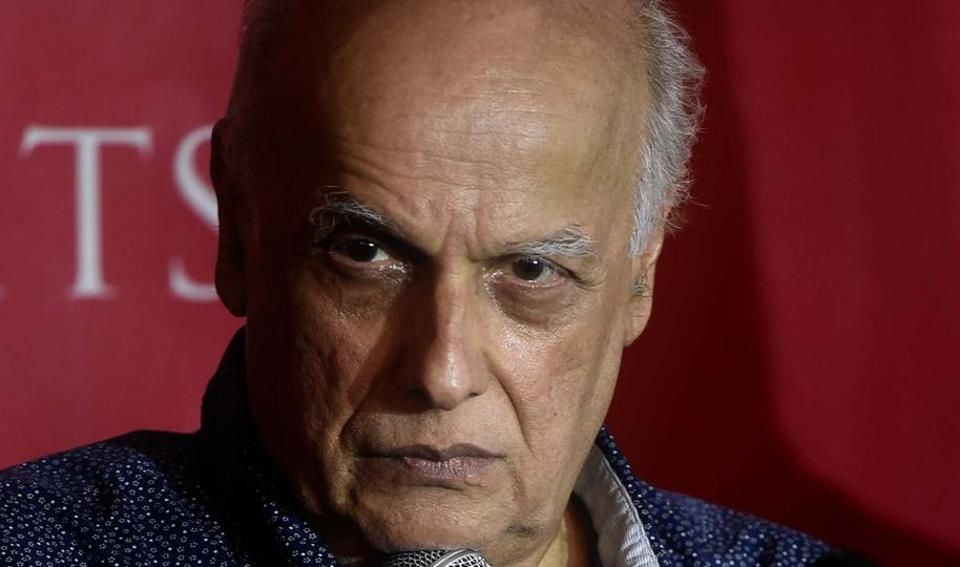Upsetting that Pakistan misjudged Begum Jaan, says Mahesh Bhatt

letterschd@hindustantimes.com
Eminent filmmaker Mahesh Bhatt on Friday said that it was unfortunate that Pakistan misjudged the movie Begum Jaan and banned it across the border. “What is troubling is that authorities in Pakistan not even saw the movie once. Had they seen it and decided against it, there would have been no problem. But outrightly saying no, even without watching it, is upsetting,” Bhatt said before the screening of the newly released movie at the Partition Museum here.
He said that Pakistan was not a market for him. “It is a ladder that can connect the cultures. I would make it very clear that the ban on one movie cannot jeopardise the long efforts made to bring peace between two nations,” he added.
“Begum Jaan is just about the sorrows of displacement and its impact on a section of people, but Pakistan thought it’s something political, which is upsetting,” he said.
Asked if the row over the death sentence awarded to Indian national Kulbhushan Jadhav in Pakistan could be behind the ban on the movie, Bhatt said, “I would say that the case of Jadhav must be decided in an open court, rather than an army court. We don’t know what happened there. Jadhav must be given consular access so that there is a transparent trial.”
Stressing that artists of both nations must have the right to work across the borders, he said that civil society must be kept away from the politics.
Bhatt, who was accompanied by local bodies minister Navjot Singh Sidhu and actors Gohar Khan and Pallavi Sharda, said his visit to the Partition Museum brought back the memories of Partition. “It was great to visit this place. One could understand what pain and sorrows people must have gone through when India and Pakistan were divided. But along with that it also shows the spirit to move on.”
Gauhar Khan, who acted in the movie, also said that it was a great experience to be in the museum.
Sidhu also lauded the effort of setting up the museum in Amritsar while adding that countries that remember their history grow a lot. Director Srijit Mukherjee also appreciated the museum and its theme.
The event was organised in partnership with Hindustan Times, which is one of the contributors to the museum.
On the walls of the museum are newspaper reports from 1947, including those from the archives of Hindustan Times, recording violence and riots that took place when the people of a divided country tried to make their way to safety.
The Gallery of Hope, funded by Hindustan Times, tells the inspiring stories of people who crossed over to India empty-handed and managed to build a business empire over the years. At the centre of the gallery is the Tree of Hope – its trunk made out of barbed wire (symbolic of the borders) but its branches are smooth that symbolise the life the survivors carved out for themselves.
FEEL OF THE 1940s
On Friday, a dinner comprising special dishes such as Lahori Murg Masala, Nihari Gosht, Mathania Murg and Lahori Paneer Tikka was served to guests, including the film stars and prominent personalities, giving a feel of the 1940s.
The Arts and Cultural Heritage Trust chairperson Kishwar Desai said, “The invite to the cast and makers of ‘Begum Jaan’ is a part of the mandate of the trust, a charitable NGO. The trust aims to generate dialogue through cultural events and offer a fresh understanding of the Partition.”





